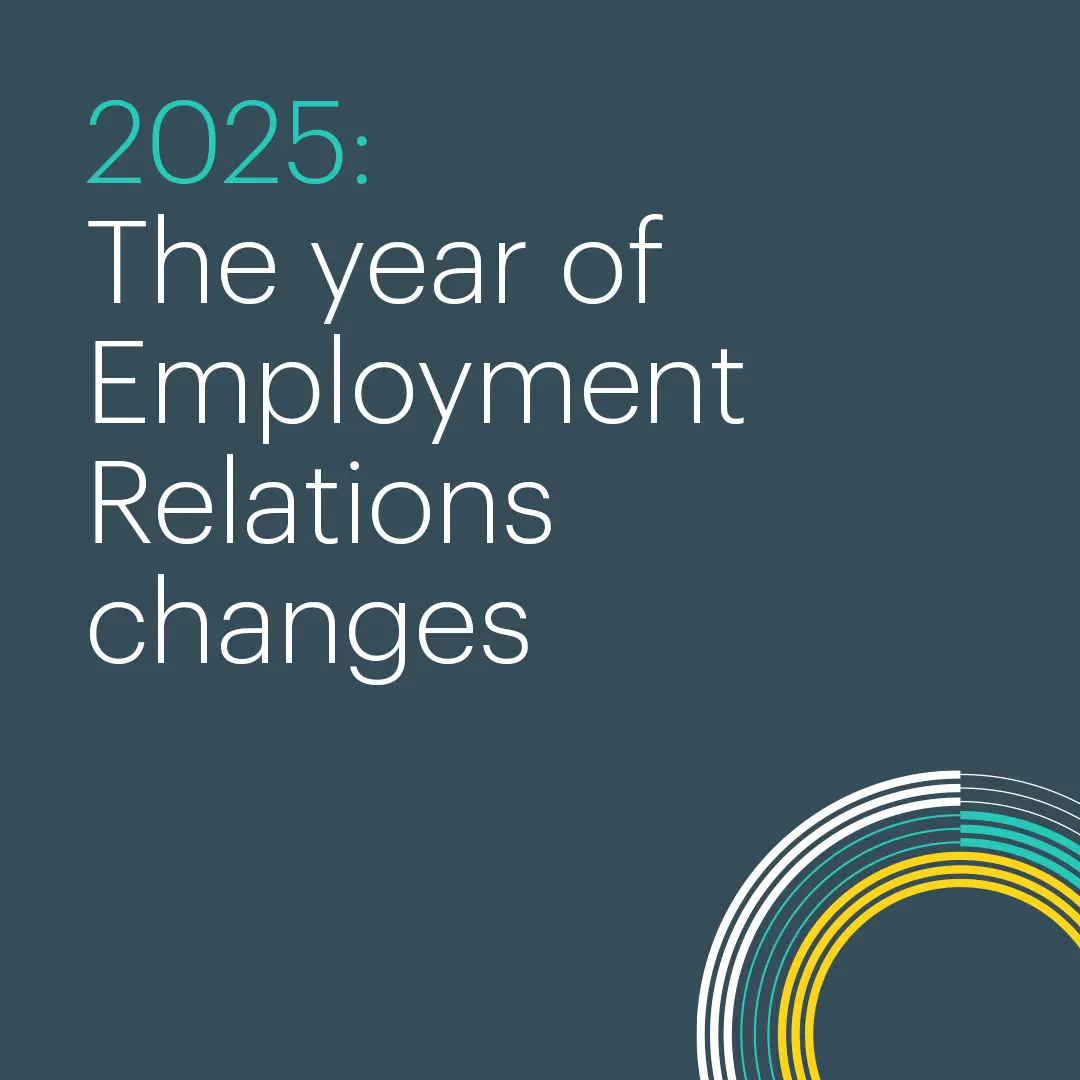2025 is shaping up to bring significant changes to employment law to in New Zealand. In this update, we summarise the key changes that employers and employees need to be aware of.
Increase to the minimum wage
From April 1st, the minimum wage will increase to $23.50 per hour. Employers must ensure that they are paying at least this amount by the specified date to avoid any compliance issues. Employers should check their payroll now to avoid any surprises.
Gateway test for contractors
The government is also planning to introduce a new ‘gateway test’ to determine whether an individual is an employee or an independent contractor. Although still in development, this test aims to provide greater clarity in employment classifications.
Income threshold for unjustified dismissal claims
Another notable potential change is that high-earning employees, defined as those earning more than $180,000 base pay per year, will no longer be able to make unjustified dismissal claims. This change is intended to simplify the hiring and termination processes for companies, reducing the risk of legal disputes.
However, given that there are already mechanisms available to employers to address employment matters involving high-earning individuals, it is unclear that this change would solve significant employment relations problems for Employers, as it is likely that employees who earn more than the threshold will negotiate alternative contractual arrangements to protect themselves, e.g. non-fault termination clauses, opting back into the current unjustified dismissal legislation.
The proposed Employment Relations (Termination of Employment by Agreement) Bill may offer an alternative legislative approach, as it would allow employers to approach employees with an offer of an agreed exit without the risk of constructive dismissal claims.
Other changes this year may include:
- Proposed amendments to personal grievance remedies could result in reduced compensation for employees involved in misconduct, even if procedural errors occurred.
- Employers may soon be unable to enforce pay secrecy clauses, allowing employees to discuss remuneration openly.
- Another notable proposed change is the ability for employers to make deductions for partial strikes, which could improve management of industrial action.
- New legislation for the Holidays Act will likely be introduced during the current government’s term which will attempt to simplify compliance requirements.
- Recently, legislation passed into law making it a criminal offence for employers to intentionally fail to pay employees the wages they are entitled to, unless there are reasonable grounds for any such failure. This will come into effect as soon as it receives royal assent.
With these changes on the horizon, employers should review their policies and employment agreements to ensure compliance.
If you would like specific advice about any of these changes, please get in touch with our team.





